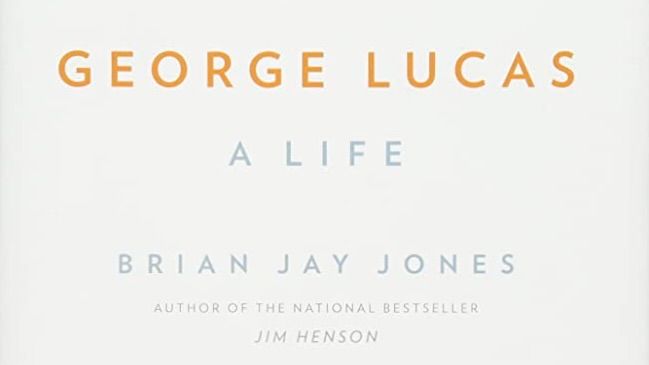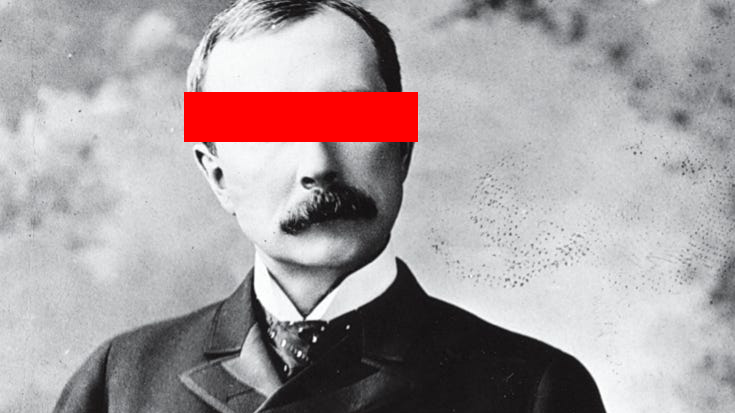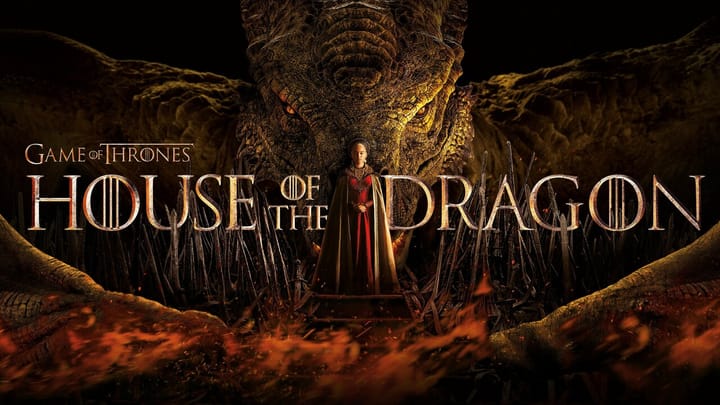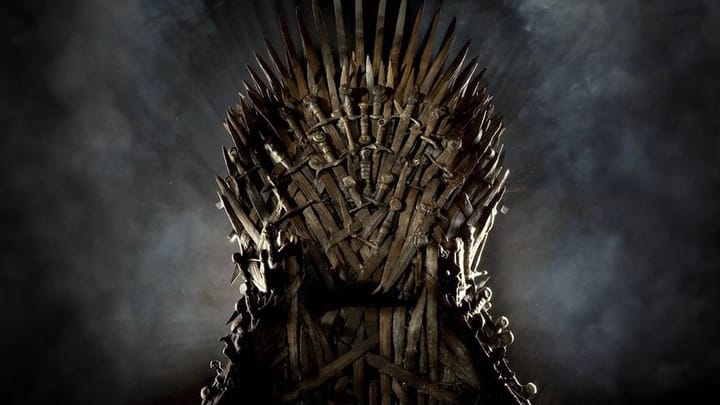George Lucas: A Life by Brian Jay Jones (Summary)
Stay small. Be the best. Don't lose money.

Before he was college-age, George Lucas said he'd be a millionaire by 30.
He gets into a group that calls themselves the USC mafia. They're like the PayPal mafia. They break into the movie industry even though it's extremely difficult to get in. You needed connections--nobody in the industry would give Lucas a job when he was in college.
Lucas always broke the rules. He'd put music in a college short film even if the professor said he couldn't. He'd break into the editing rooms so he could work all weekend.
He didn't party like a normal college student. He worked all day on film ideas.
Lucas constantly sought out older mentors who were wise and had connections. He'd get all he could out of them.
He started working as a videographer and editor.
Lucas wanted to be a director (rather than a videographer or editor) because he hated people telling him what to do. He wanted control.
Directors hated how Hollywood producers had control over their films. Producers could arbitrarily cut any part they want.
Lucas meets a director who funded his own film by getting investments from family, friends, and actors. He raised $100,000. His movie is a hit and Hollywood scrambles to hire him. But he wants nothing to do with Hollywood. This inspired Lucas.
Lucas makes his first movie. It’s a hit.
Lucas' first movie (before Star Wars) had a budget of $1 million and was almost put direct to TV because the producers didn't think it would be a hit. But it ends up making $140 million (a 140x return).
They arbitrarily cut 4 minutes from Lucas' film. He hated it and wanted to become an independent filmmaker.
He made about $4 million after taxes from his cut of the first movie. He was 28 when he became a millionaire.
Some studios offer him deals but don't want his script (the script for Star Wars). They want him to direct their projects. He was broke and needed the money but turned down all the offers. He was in his mid 20s.
Lucas started writing Star Wars by himself from 8am to 8pm.
Lucas did the Neil Gaiman writing productivity hack. Make yourself sit at your desk from 9am to 5pm (or longer) and only allow yourself to do two things: sit there or write. Eventually, you’ll write.
Lucas Films doesn't allow investors. Geroge owns 100%.
When working on the script he thought that he wouldn’t make any money at all on Star Wars.
Give yourself a deadline. Lucas said he’d probably still be writing the script for Star Wars 1 if he hadn’t given himself a deadline.
A lot of Lucas’ peers thought that Star Wars was a juvenile concept. They thought that after his last movie, he should be doing movies like Scorsese’s Taxi Driver.
George negotiated for sequel rights and merchandise rights for Star Wars before movie 1 was released. That ultimately made him $1 billion because the movies were so popular. At the time of negotiation, nobody, not even Lucas, could have known it would be that lucrative.
- The big lesson here is to own your business equity and the rights to your content.
When working on Star Wars, Fox productions nickel and dimed the production and said that sci-fi was a dead genre. Lucas thought for sure the movie would be terrible.
- Interesting that he doubted the concept the entire time.
Lucas has trouble getting someone who can do special effects for Star Wars. So he creates his own special effects company. It ends up being big. They do special effects for a bunch of other movies.
- Makes sense that if Lucas had this problem a bunch of other directors had the same problem.
Spielberg and Lucas become friends. Spielberg is the only one who likes Star Wars at a pre-showing.
Spielberg thought Star Wars would make $50-60 million. Lucas thought it would make $10-15 million.
Then Lucas made THX.
- What made Lucas successful (besides making great movies) was that he solved a bunch of problems that other directors were running into (special effects, sound).
Lucas’ 3 rules
- Stay small
- Be the best
- Don't lose money



Comments ()